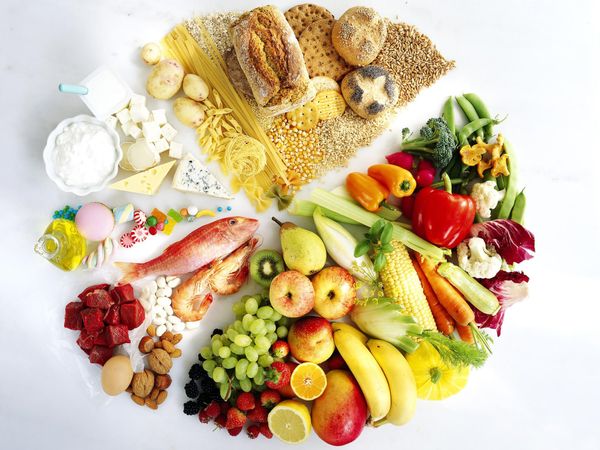You’re probably thinking that moving to a plant-based diet sounds like a great idea, but you don’t know where to start. Don’t worry, you’re in the right place—we’ve got you covered to make the change easy and enjoyable.
One of the most powerful steps you can take to improve your health, boost energy levels, and prevent chronic diseases is to move to a plant-based diet. If you’ve seen anything related to health & fitness, you know that science shows changing your nutrition is a powerful way to live longer, help the environment, and reduce your risk of getting sick.
How a Whole-Food, Plant-Based Diet Can Boost Your Health
There’s scientific evidence that many chronic diseases can be controlled, reduced, or even reversed by moving to a whole-food, plant-based diet. Research highlighted that a plant-based diet can reduce the risk of type 2 diabetes, heart disease, certain types of cancer, and other major illnesses. Many people also report bigger fitness payoffs, more energy, reduced inflammation, and better health outcomes after making the switch.

What is a Whole-Food, Plant-Based Diet?
A whole-food, plant-based diet is based on the following principles:
Whole food describes natural foods that are not heavily processed. That means whole, unrefined, or minimally refined ingredients.
Plant-based means food that comes from plants and doesn’t include animal ingredients such as meat, milk, eggs, or honey.Plant based diet including fruits, vegetables, tubers, whole grains and legumes.

Your Whole-Food, Plant-Based Diet—The Foods You’ll Love
Here’s a quick overview of the major food categories you’ll enjoy on a plant-based diet:
Fruits: any type of fruit including apples, bananas, grapes, strawberries, citrus fruits, etc.
Vegetables: plenty of veggies including peppers, corn, avocados, lettuce, spinach, kale, peas, collards,
Tubers: root vegetables like potatoes, carrots, parsnips, sweet potatoes, beets, etc.
Whole grains: grains, cereals, and other starches in their whole form, such as quinoa, brown rice, millet, whole wheat, oats, barley, etc. Even popcorn is a whole grain.
Legumes: beans of any kind, plus lentils, pulses, and similar ingredients.
There are plenty of other foods you can also enjoy— including nuts, seeds, tofu, whole-grain flour and breads, and plant-based milks.

The Benefits of a Whole-Food, Plant-Based Diet
There are several major benefits to moving to plant-based nutrition, all supported by excellent science.
Easy weight management: People who eat a plant-based diet tend to be leaner than those who don’t, and the diet makes it easy to lose weight and keep it off—without counting calories.
Disease prevention: Whole-food, plant-based eating can prevent, halt, or even reverse chronic diseases, including heart disease, type 2 diabetes.
A lighter environmental footprint: A plant-based diet places much less stress on the environment.
Convinced already? What are you waiting for?
More on Fitness & Nutrition







Leave A Comment
You must be logged in to post a comment.